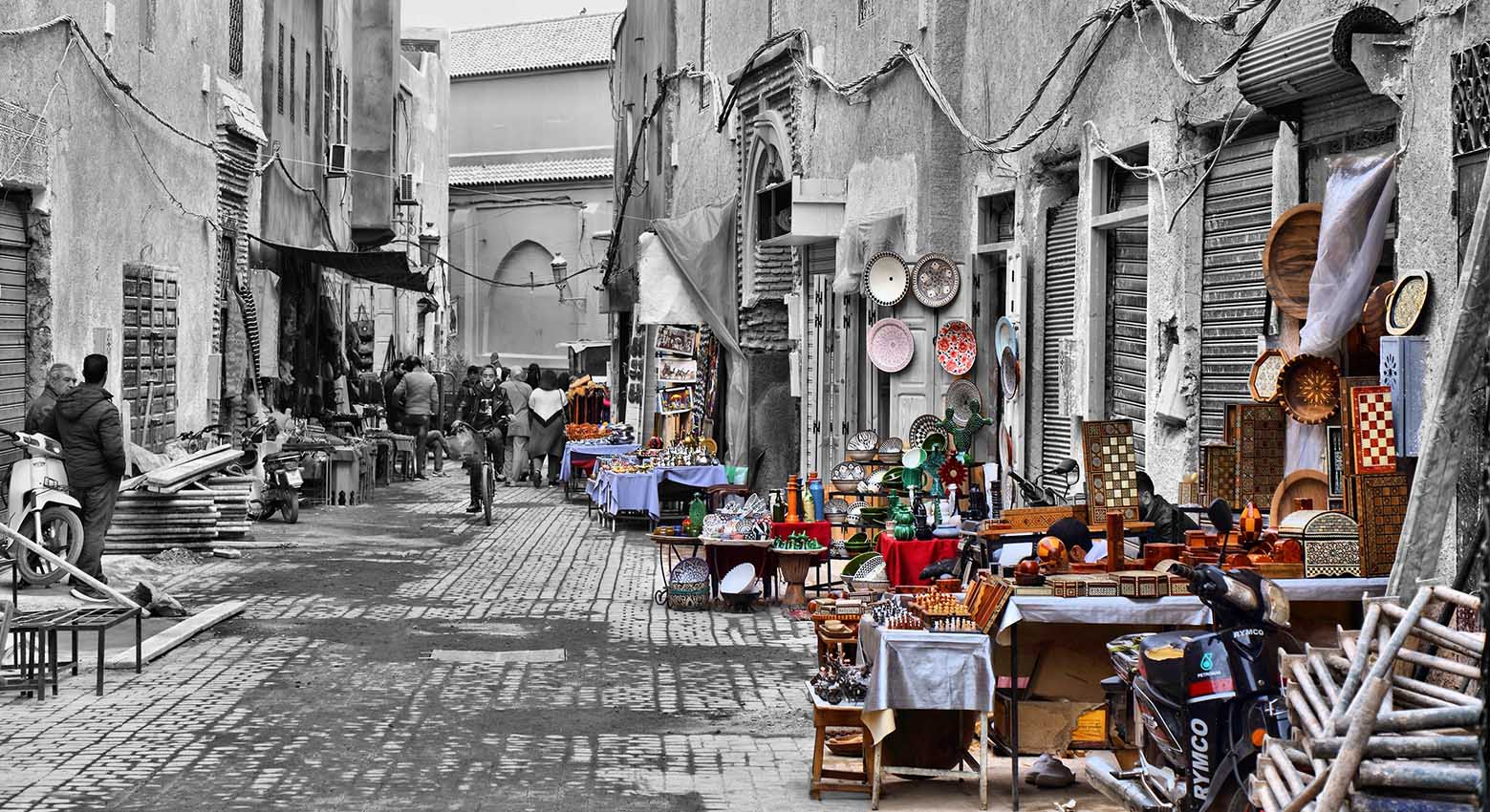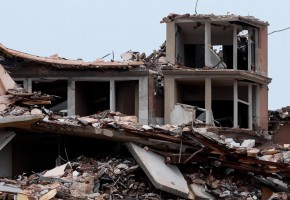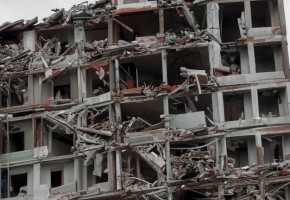
Ghita El Berrad

Rising costs in Morocco lead to crisis - Ghita Al Barrad
Popular discontent has gripped Morocco amid an exponential rise in the cost of fuel and food, including essential items considered the basis of the poor's daily sustenance. The price of tomatoes, onions, potatoes, and legumes increased dramatically, and the weak purchasing power has reached middle-income groups. Most citizens will be unable to bear a further blow to their purchasing power and a decline in livelihoods.
Moroccans seem to have run out of patience, as confirmed by a national field survey conducted by the parliament on "Values and their institutional activation." It showed that many Moroccans are ready to take to the streets in demonstrations and boycott campaigns, threatening to exacerbate the situation. As social media platforms boiled about the high prices, some cities witnessed mass rallies and marches to express popular discontent as the calls for protest continue.
In a statement, the Moroccan government responded that it is taking measures to combat high prices. During a press conference, it said it is committed to protecting the purchasing power of Moroccan citizens. It took some steps to provide meat and reduce its prices, such as waiving customs and suspending VAT. Other measures focused on milk. Justifying the price hikes to be the result of weather conditions and the global market, it claimed the impact of its decisions would be felt soon.
However, it is not just a matter of high prices but limited purchasing power. It is not enough to question the reason for price hikes. The real question is, why hasn't the purchasing power of Moroccans improved? Prices are subject to market logic and the law of supply and demand. They cannot be capped in an open and free economy.
Many factors determine market supply, including climate, speculation, natural disasters, and wars. Governments can only interfere in some of them, such as applying the law against speculators and fighting monopolies. It cannot interfere with wars and climate. However, increasing citizens' purchasing power is the government's firm responsibility. Thus, the central question becomes: why have Moroccan governments failed over the past years to raise the purchasing power of Moroccans?
First: Morocco is classified as a low or limited-income country by international financial institutions (IFIs). The bulk of its budget depends on taxes and borrowing. For decades, governments have failed to raise their revenues in a way that provides a large margin for movement. Serving the public debt drains more annually than the education and health budgets combined. Public debt has not been sustainable for years, and it does not provide new margins for borrowing in the absence of growth rates capable of creating wealth in a way that raises treasury revenues.
Second: The wealthy do not pay taxes in Morocco. Most taxes are paid by employees and wage earners because they are deducted from the source. In addition to the almost complete absence of public services, it is one of the reasons that killed the purchasing power of the middle class.
Third: The past few years saw a significant decrease in growth rates, significantly affecting job creation and, thus, new sources of income for individuals and families. Growth has decreased dramatically in the last ten years and did not exceed 1.2% in the past year. The unemployment rate exceeded 12% nationally, 15% in urban areas, and more than 32% among youth.
Fourth: The wealthy benefit from tax exemptions. Why do police officers and teachers pay taxes while exporters of agricultural products are exempted? Why do employees pay income taxes while professionals benefit from low rates not commensurate with their profits? Why should a patient pay a 7% tax on medicine?
Fifth: Real competition is absent. A few lobbies monopolize the market. They penetrated the institutions supposed to legislate competition laws, fight rentierism, and ensure implementation. They are today legislating the laws that apply to them, if ever.
The current discussion misses the mark, as keeping prices at the same level is impossible. The solution would be to raise the purchasing power of Moroccans to match the prices imposed by circumstances. On the other hand, the tax system must be reviewed to achieve tax justice, applied to all speculators, monopolists, and price fixers.
However, the question is absent from public media, despite the popularity of hashtags against raising prices and calls for demonstrations.
Ghita Al Barrad
Recent publications

Thematic Report: Exploiting Resources, Ignoring Rights: A Political Ecology of Water and Energy in the Arab World
Related publications

Al-Haouz Earthquake in Morocco and Civil Society Initiatives - Dr. Fawzi Boukhris

